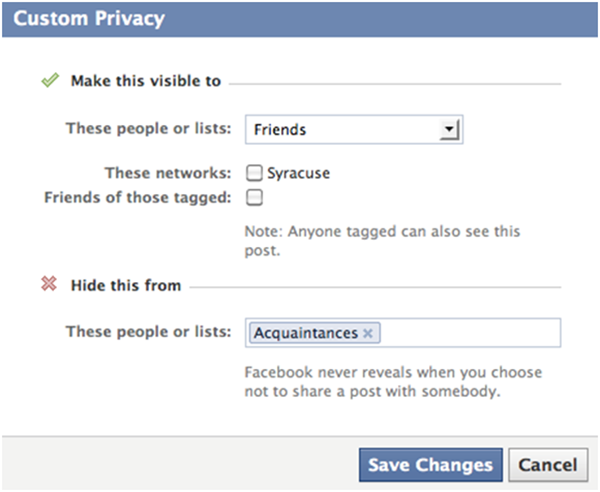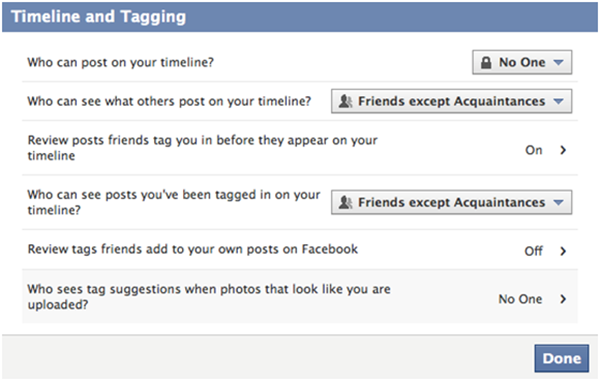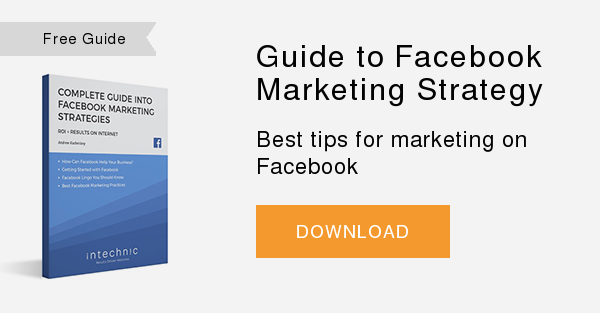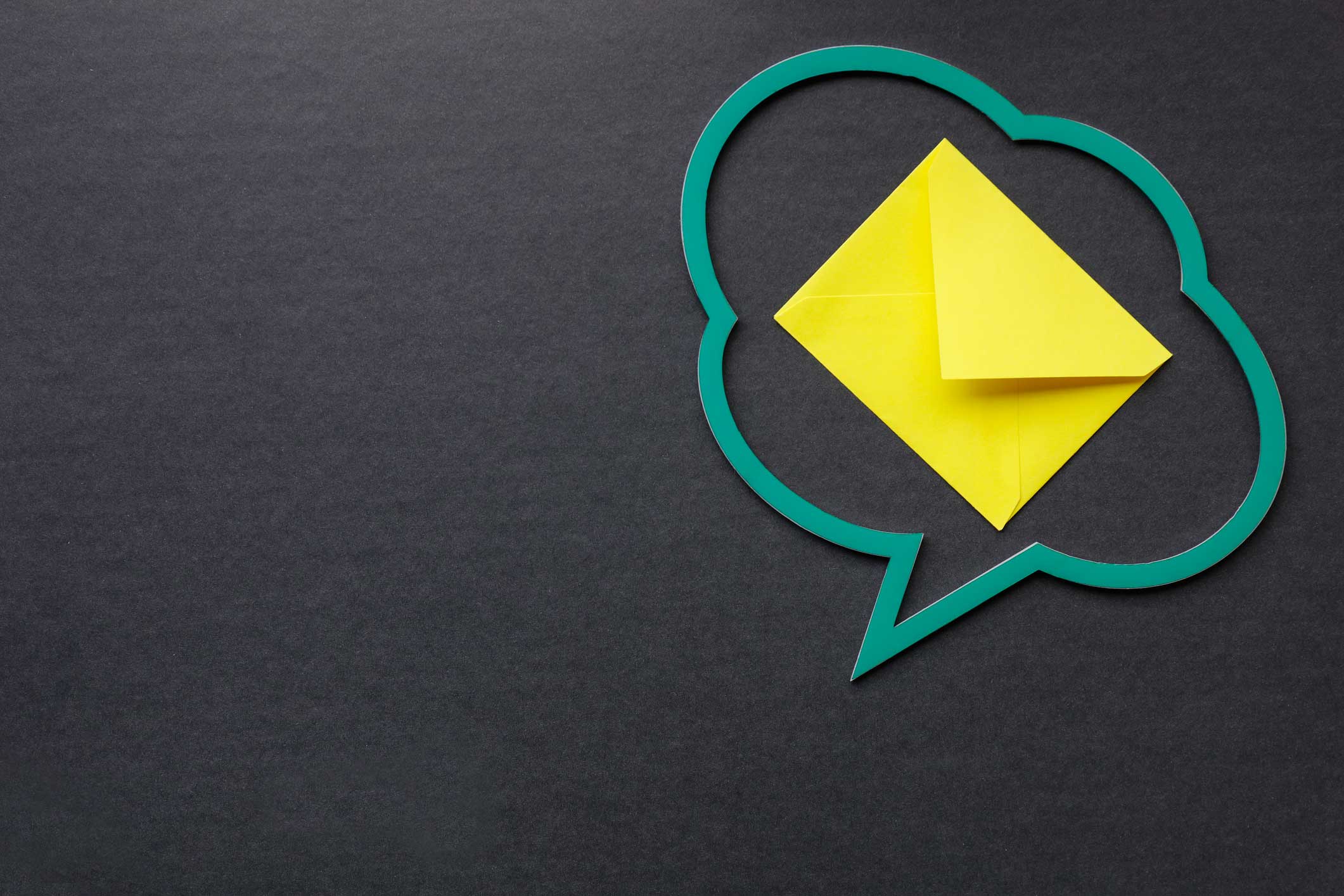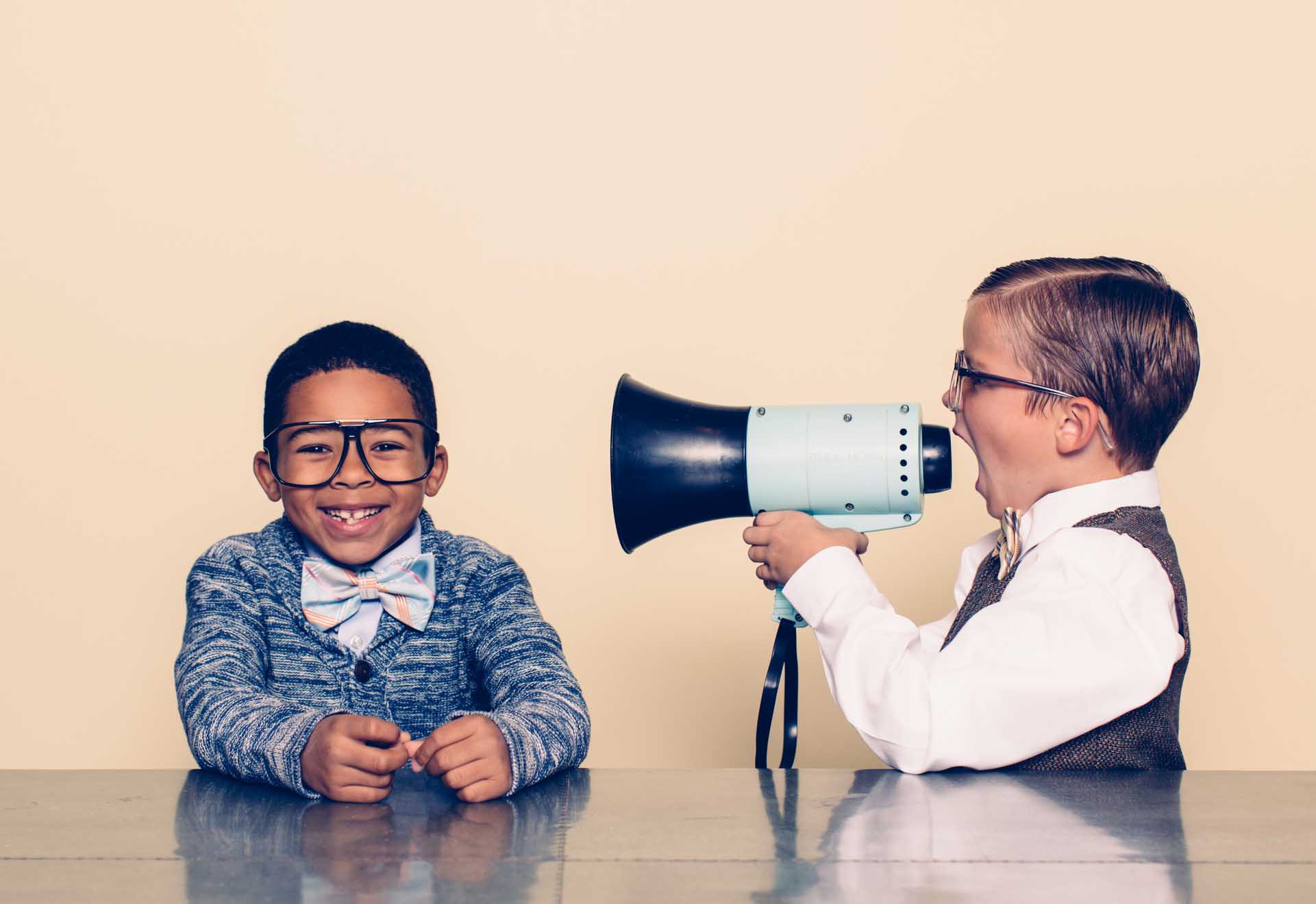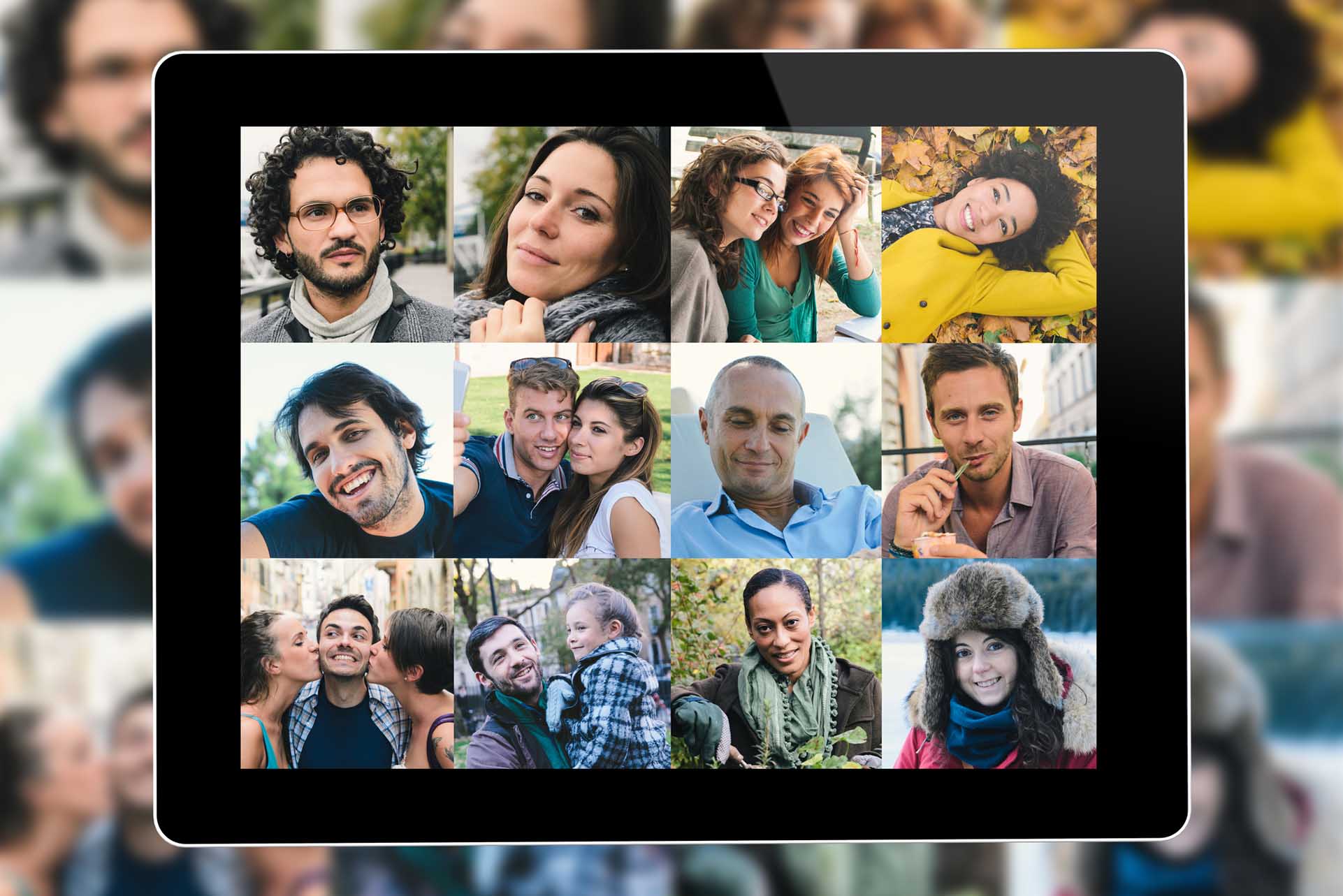How to Protect your Privacy on Facebook
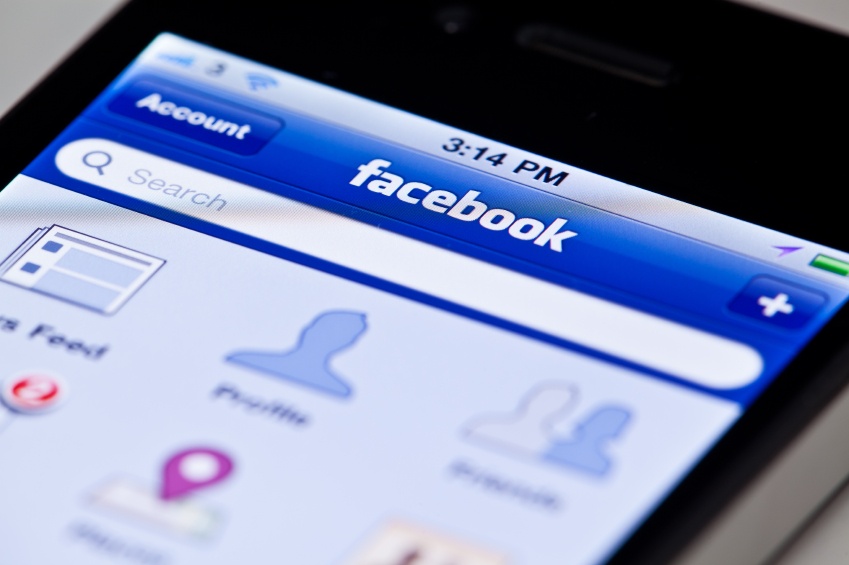 When you think about it, privacy is a very abstract concept, but like most abstract concepts, like algebra, most people don't think about it on a daily basis. There is some level of privacy that we humans desire (the Supreme Court argues about a "reasonable expectation of privacy"), but not only is this idea unique to humans, it varies widely between cultures. In some venues, like when we use a loyalty card at a retail store, we know the corporation is tracking our purchases, and we expect little privacy, since we have willingly signed away our rights to save thirty cents on a bag of potato chips. In an email conversation between friends, we expect complete privacy, even though this is entirely inaccurate and any email conversation can become a matter of public record if subpoenaed by a court. Social networks, combining both voluntary and involuntary online sharing, tread not just a thin line, but a line that has never before been discussed. It's a question that Facebook must answer for its users, for the courts, and for investors going forward. Before talking about the specifics of privacy on Facebook, let's talk for a moment about what privacy might mean in 30 years. One source we spoke to, an expert on the future, claims that even the idea of privacy will be obsolete. In 30 years, younger individuals who grew up with social technology will know the limits of their privacy. Today, we still live in more traditional, 18th century ways, but the children who are 10 or 15 years old, they grew up with these revolutionary platforms. Sharing content and ideas is intrinsic to them. There's some sense of normalcy that they won't be able to live a private life anymore. It's a stalk and be stalked world. Another source suggested that privacy settings would evolve with the need for them. As enough people get slammed for something silly they post online, and as technology improves to allow it, there will be pushes to reform privacy completely. But this raises a further question: in 30 years, will people still be penalized for things that were posted online today, saved and archived for eternity, or will the late-naughts and early-teens be remembered as a time whence you don't have a few embarrassing photos surface, you weren't really living, and in fact, you are expected to have these types of privacy infringements to show off as a badge of pride. What will a presidential hopeful face? Will the expectations of what a good leader looks like change? Will anyone even be qualified to be president? To bring this tangent back on topic, I present my thesis: it’s impossible to protect your privacy on Facebook. If you’ve got an account and you’re active, embarrassing text or photos will eventually leak out and be publicly available forever. It is simply inevitable. As long as you’re using the site, you’re waiving your rights to any privacy, just like with a loyalty card at a supermarket. Instead of thinking about protecting my privacy, I like to think in terms of putting my account into “privacy autopilot.” What Facebook privacy settings can be enabled to lock down your account so that the only things immediately linked with your name have been directly approved by you? Below are 4 Steps for Facebook privacy:
When you think about it, privacy is a very abstract concept, but like most abstract concepts, like algebra, most people don't think about it on a daily basis. There is some level of privacy that we humans desire (the Supreme Court argues about a "reasonable expectation of privacy"), but not only is this idea unique to humans, it varies widely between cultures. In some venues, like when we use a loyalty card at a retail store, we know the corporation is tracking our purchases, and we expect little privacy, since we have willingly signed away our rights to save thirty cents on a bag of potato chips. In an email conversation between friends, we expect complete privacy, even though this is entirely inaccurate and any email conversation can become a matter of public record if subpoenaed by a court. Social networks, combining both voluntary and involuntary online sharing, tread not just a thin line, but a line that has never before been discussed. It's a question that Facebook must answer for its users, for the courts, and for investors going forward. Before talking about the specifics of privacy on Facebook, let's talk for a moment about what privacy might mean in 30 years. One source we spoke to, an expert on the future, claims that even the idea of privacy will be obsolete. In 30 years, younger individuals who grew up with social technology will know the limits of their privacy. Today, we still live in more traditional, 18th century ways, but the children who are 10 or 15 years old, they grew up with these revolutionary platforms. Sharing content and ideas is intrinsic to them. There's some sense of normalcy that they won't be able to live a private life anymore. It's a stalk and be stalked world. Another source suggested that privacy settings would evolve with the need for them. As enough people get slammed for something silly they post online, and as technology improves to allow it, there will be pushes to reform privacy completely. But this raises a further question: in 30 years, will people still be penalized for things that were posted online today, saved and archived for eternity, or will the late-naughts and early-teens be remembered as a time whence you don't have a few embarrassing photos surface, you weren't really living, and in fact, you are expected to have these types of privacy infringements to show off as a badge of pride. What will a presidential hopeful face? Will the expectations of what a good leader looks like change? Will anyone even be qualified to be president? To bring this tangent back on topic, I present my thesis: it’s impossible to protect your privacy on Facebook. If you’ve got an account and you’re active, embarrassing text or photos will eventually leak out and be publicly available forever. It is simply inevitable. As long as you’re using the site, you’re waiving your rights to any privacy, just like with a loyalty card at a supermarket. Instead of thinking about protecting my privacy, I like to think in terms of putting my account into “privacy autopilot.” What Facebook privacy settings can be enabled to lock down your account so that the only things immediately linked with your name have been directly approved by you? Below are 4 Steps for Facebook privacy:
1. The first thing I like to do is segment my Facebook friends into groups: friends vs. acquaintances
If I receive a friend request from someone at work or someone with whom I am not close friends, the individual goes into the acquaintances group. About 90% of my friends on Facebook are marked as acquaintances.
2. Control who sees your posts by default via the Privacy Settings.
My default message setting, for new status messages, pictures, videos, or any other content I publish is “Friends, excluding Acquaintances.” Since I make an effort to maintain a Public Facebook profile and post to it as often as possible, I will typically change the privacy settings to public for messages of which my grandmother would approve. The result is that my acquaintances are actually seeing my public profile, even though we are Facebook friends, and my actual friends are seeing a much more intimate profile.
3. Another group of settings that helps with a privacy autopilot is the “Timeline and Tagging” settings in your Privacy Controls.
Make sure all of the “review tags” are on for extra privacy.
4. Since when do random people need to see your Friends, Birthday, Email Address, Phone Number, Address, or Family Connections? You can edit your Basic Info by clicking going to your own page and clicking on “Update Info.”
From here, you can hide anything in your information that you think should be published only to friends. I try to keep as little as possible on this page for the public or for the people who I have marked acquaintances. Even if you were to lock down your Facebook page with these settings, there are still two ways your information could become public. A friend could inadvertently or intentionally leak your information in any of thousands of ways, or a court could subpoena Facebook to release your data to them, which puts the data in the public record. Ultimately, if you are concerned about your privacy, you should disable your Facebook account or, at the very least, use it under an anonymous alias.


